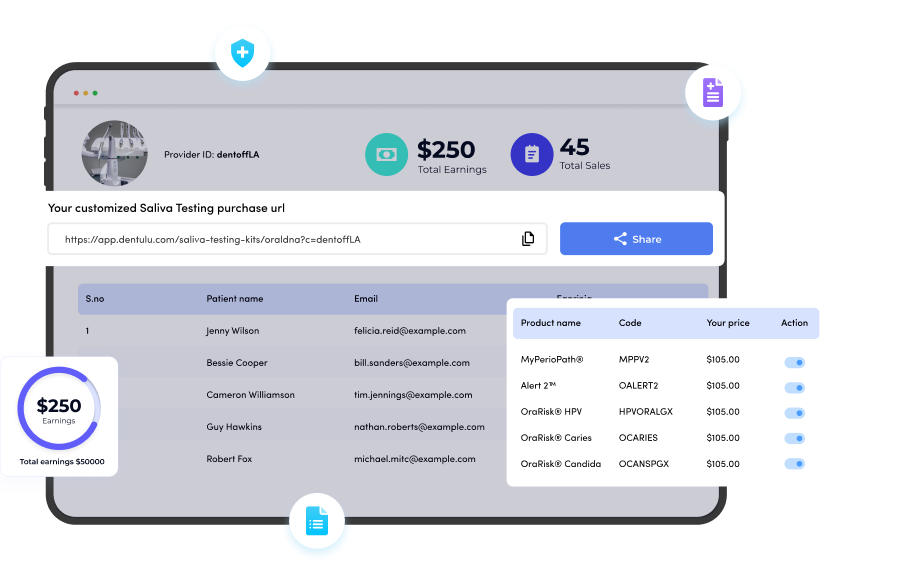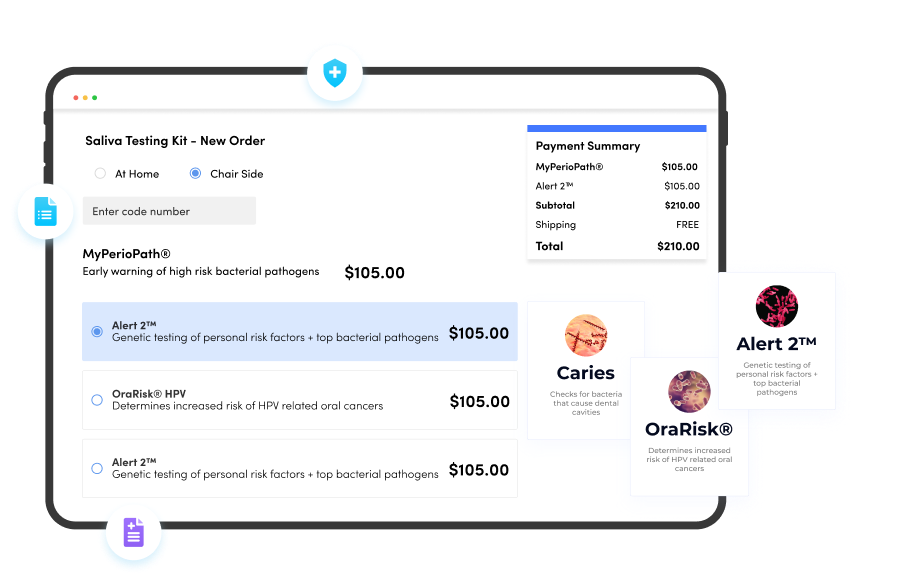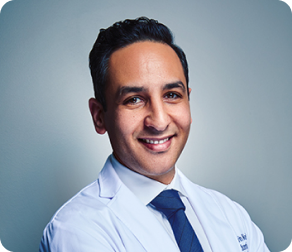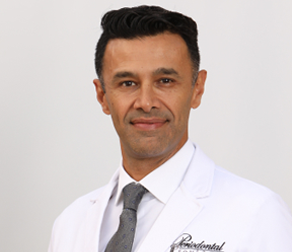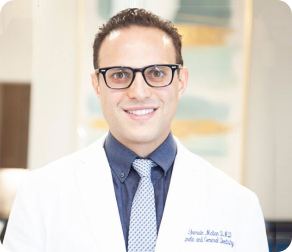
Salivary Testing with OralDNA
OralDNA is a custom salivary risk assessment to identify dangerous pathogens that are known to contribute to:
- Alzheimer’s Disease
- Stroke and Heart Attack
- Autoimmune Diseases
- Cancer
- Premature birth
- Cavities & Gum Disease
Let your patients now how important oral health is

Dentulu Pro’s salivary testing
Salivary testing is a diagnostic tool that enables clinicians to analyze the composition of a patient's saliva in order to identify potential oral health problems. Saliva contains a range of biomarkers, such as bacteria, enzymes, and proteins, that can provide insights into the patient's oral microbiome, inflammation levels, and risk of developing certain diseases. Salivary testing can help dental professionals to:
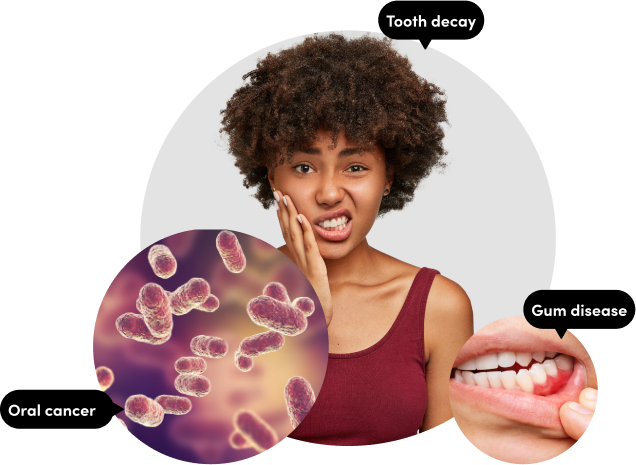




Salivary testing is non-invasive, quick, and easy to perform, making it an attractive option for both patients and clinicians. By incorporating salivary testing into their practice, dental professionals can enhance their diagnostic capabilities and provide more personalized, evidence-based care to their patients.
How salivary testing works for dental offices
At Dentulu, we have made it easy for dental offices to order salivary testing kits and increase patient care while creating additional income. Our platform offers a streamlined workflow that allows offices to start ordering salivary testing kits quickly and easily. Learn more about how our platform can help your office by ordering salivary testing kits today.
How salivary testing works for dental offices
At Dentulu Pro, we have made it easy for dental offices to order salivary testing kits and increase patient care while creating additional income. Our platform offers a streamlined workflow that allows offices to start ordering salivary testing kits quickly and easily. Learn more about how our platform can help your office by ordering salivary testing kits today.
How salivary testing works for Dentists & Hygienists
At Dentulu Pro, we have created a platform that makes it easy for dental providers, including dentists and hygienists, to offer salivary testing kits to their patients. By incorporating salivary testing into your practice, you can provide more comprehensive care for your patients and potentially increase your revenue. Our platform offers a streamlined workflow that makes it simple to order test kits, collect samples, and receive results. Learn more about how our platform can help you offer salivary testing kits to your patients by signing up today.
How salivary testing works for Dentists & Hygienists
At Dentulu Pro, we have created a platform that makes it easy for dental providers, including dentists and hygienists, to offer salivary testing kits to their patients. By incorporating salivary testing into your practice, you can provide more comprehensive care for your patients and potentially increase your revenue. Our platform offers a streamlined workflow that makes it simple to order test kits, collect samples, and receive results. Learn more about how our platform can help you offer salivary testing kits to your patients by signing up today.
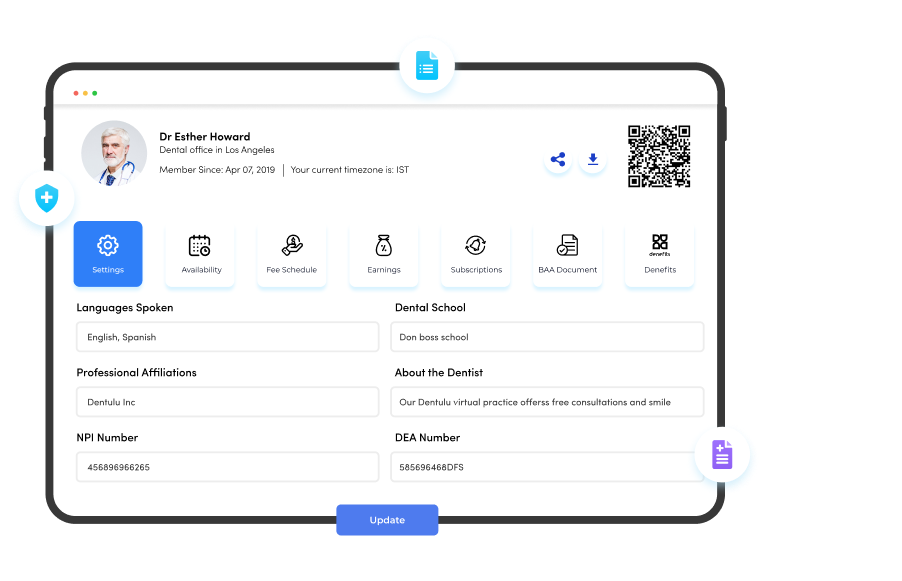
Setting up your office workflow
After signing up with our platform, you can customize your workflow for salivary testing. This includes updating your provider profile and National Provider Identifier (NPI). By customizing the workflow, you can make the process of ordering and receiving test results easier and more streamlined for your office.
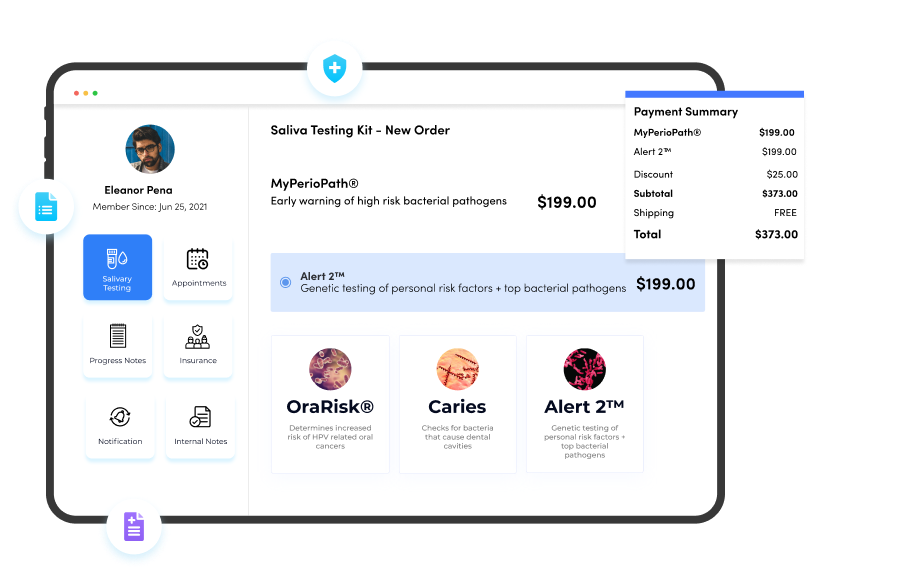
Ordering salivary testing kits
With our platform, ordering salivary testing kits is simple. After logging in to your account, you can easily choose the appropriate test kit from the patient chart and place your order. The kits can be shipped directly to your patient's home or to your office for chairside collection. You can order as many kits as you need, and we offer a variety of tests to suit different needs.
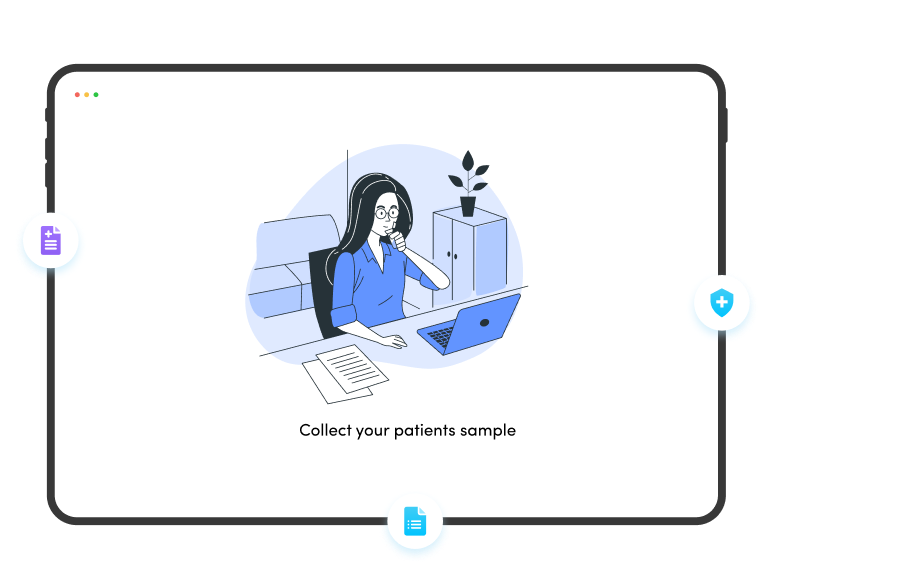
Collecting saliva samples
Our platform offers flexibility in how you collect saliva samples for salivary testing. You can collect the sample chairside, or you can have the kit shipped directly to the patient's home by OralDNA. The kit comes with detailed instructions to guide patients on how to collect the sample at home. Additionally, we provide the option to order empty kits to your office for sample collection on the chairside. By offering different options for sample collection, you can make the process more convenient for your patients and increase the likelihood of accurate results.
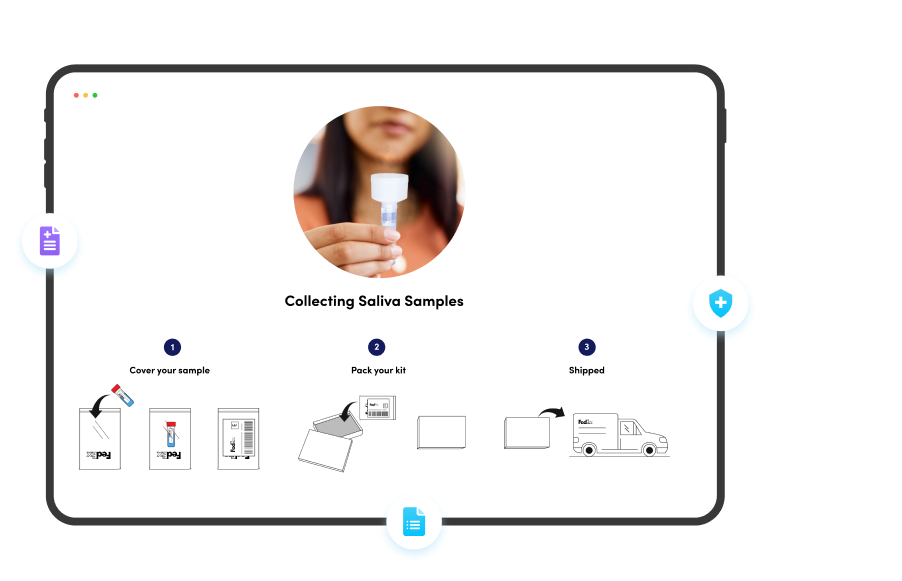
Shipping the samples
After the saliva samples are collected, they need to be shipped back to the lab for testing. The kit includes a pre-paid shipping label for your convenience. Simply attach the label to the package and send it back to the lab. This ensures that the samples are handled properly and that you receive accurate results.
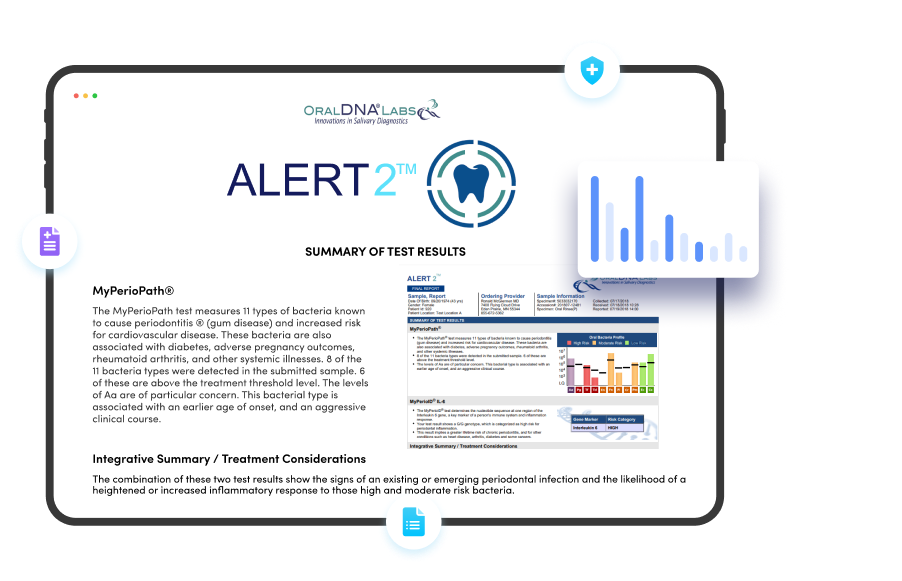
Receiving results
Once the samples are received at the lab, they will be tested and analyzed, and the results will be sent directly to your account on our platform available under respective patient chart. You can then review the results and develop a personalized treatment plan for your patient based on the findings. Our platform makes it easy to access and analyze the results, so you can quickly and efficiently develop a treatment plan.
Oral and Systemic Diseases With Scientific Study Links
Meet a few of the bad guys

The Criminal: Aggregatibacter actinomycetemcomitans
Also Known As: 
The Crime: This bacteria is the primary cause of rapid alveolar bone loss in and is one of the main contributing factors to severe periodontitis and the failure of dental implants. Research studies have demonstrated that this bacteria is associated with Dementia/Alzheimer’s, Brain Abscesses, Pregnancy Complications, Cardiovascular Disease, Ischemic Stroke, Immune Dysfunctions, Heart Infections, and Diabetes.

The Criminal: Porphyromonas gingivalis
Also Known As: 
The Crime: One of the most dangerous of oral bacteria causing bone loss of the teeth and jaw, periodontal disease and contributing to implant failure. Recent research shows a relationship with Dementia and Alzheimer's disease. Research also shows this microbe is associated with Esophageal Cancer, Breast Cancer, Pancreatic Tumors, Heart Attack, Ischemic Stroke, Type Two Diabetes, Atherosclerosis, Rheumatoid Arthritis, and other inflammatory diseases.

The Criminal: Treponema denticola
Also Known As: 
The Crime: The main cause of periodontitis and dental implant failure. Research has also revealed a connection between this bacteria and Dementia/Alzheimer's Disease. It is also associated with Cardiovascular Disease, Esophageal Cancers, Arterial Plaque, Joint Replacement failures and Premature birth in T. Denticola
Oral Treponema denticola Infection Induces Aβ1-40 and Aβ1-42 Accumulation in the Hippocampus of C57BL/6 Mice - PubMed (nih.gov)

The Criminal: Tannerella forsythia
Also Known As: 
The Crime: Primary cause of periodontitis, necrotizing ulcerative gingivitis, acute pericoronitis and also a leading cause of dental implant failure. Associated with Dementia/Alzheimer's, Heart Disease, Arterial Plaque, Pregnancy Complications, Cancer, Diabetes, Aneurysm & Stroke.
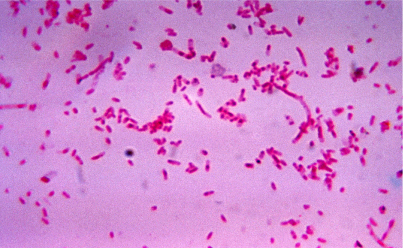
The Criminal: Fusobacterium nucleatum
Also Known As: 
The Crime: Associated with oral gum disease and periodontal disease and contributes to dental implant failure. Systemically it alters the immune system’s response and is associated with pregnancy complications such as preterm birth, low birth weight babies, and fetal death. Assists the leakage of other oral pathogens into the circulatory system increasing risk for Heart Disease, Dementia/Alzheimer's, Cancer, Colonic Tumors, Cancer Metastasis, Arthritis, and inflammation of the arterial walls.
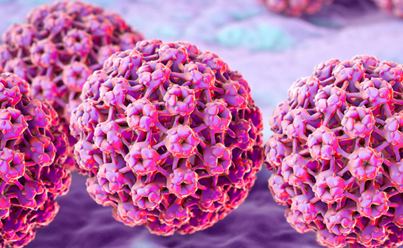
The Criminal: Human Papillomavirus
Also Known As: 
The Crime: HPV of the oropharyngeal tract associated with development of cancers such as those involving the oral mucosa, the tonsils, the base of tongue, and throat. It’s the most common sexually transmitted infection. Long-lasting infections with high-risk HPVs can cause cancer in parts of the body where HPV infects cells, such as in the cervix, oropharynx, back third of the tongue, the soft palate, the side and back walls of the throat, tonsils, anus, penis, vagina, and vulva. 65% of oral cancers are linked to HPV.
Oral-Systemic connection salivary testing kits

MyPerioPath
Early testing and warning of high risk bacterial pathogens linked to serious chronic conditions.
-
Identification:
Identifies dangerous Red Complex Pathogens such as Actinobacillus actinomycetemcomitans , Porphyromonas gingivalis, Tanerella forsythia, Treponema denticola. It also identifies Orange Complex Pathogens such as Eubacterium nodatum, Prevotella intermedia, Peptostreptococcus micros, Fusobacterium nucleatum/periodontium, and Campylobacter rectus.
-
Systemic:
Direct and indirect connections to Alzheimer’s/Dementia, Heart Attack, Stroke, Diabetes, Metabolic health Diabetes, Cancer, Rheumatoid arthritis, heart and vascular disease and Brain Abscesses.
-
See a sample report

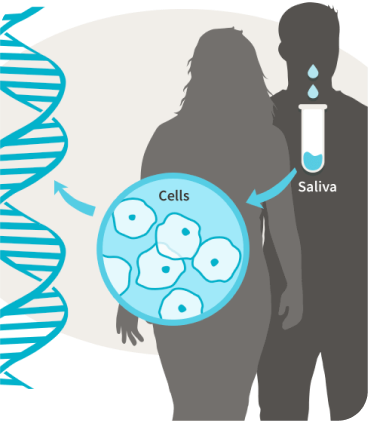
Alert 2
MyPerioID delivers personalized and customized genetic testing for individual risk factors and predisposing factors that every person should know about. It also identifies and provides early warning of oral pathogens and establishes inherited genetic risk based on each person's genes.
-
Identification:
The MyPerioID test determines the nucleotide sequence at one region of the Interleukin 6 gene, a key marker of a person's immune system and inflammation response. This test result can identify specific genotypes and categorize them and their risk levels for periodontal inflammation.
-
Impact:
Patients and their dentists are able to personalize therapy and treatment that is customized for each individual as well as identify potential related systemic health risks. Certain genotypes and genetic predispositions may imply a greater lifetime risk of chronic periodontitis, and other conditions such as heart disease, arthritis, diabetes and some cancers.
-
See a sample report


OraRisk HPV
Early testing and warning determination of risks of HPV related oral cancers.
-
Identification:
OraRisk® HPV enables the clinician to establish increased risk for oral cancer and determine appropriate referral and monitoring conditions. OraRisk® HPV identifies a total of 51 types of oral HPV.
- High Risk Genotypes: 16, 18, 26, 30, 31, 33, 34, 35, 39, 45, 51, 52, 53, 56, 58, 59, 64, 66, 67, 68, 69, 70, 73, 82
- Low Risk Genotypes: 2a, 6, 11, 32, 40, 42, 43, 44, 54, 55, 57, 61, 62, 71, 72, 74, 77, 81, 83, 84, 89
- Unknown Risk Genotypes: 41, 49, 60, 75, 76, 80, 85
-
Impact:
Human papillomavirus (HPV) is one of the most common virus groups in the world (and is a manifestation of the HPV virus in the mouth, and is primarily found in the oropharyngeal complex). Specific types of oral HPV are now considered to be separate and serious risk factors for developing oral cancers. Early detection and identification of the presence or absence of oral HPV is important, as early oral HPV infections do not typically cause any clinical signs or symptoms.
-
See a sample report

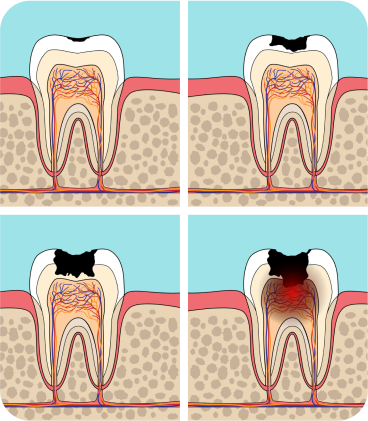
OraRisk Caries
Early testing and warning of high risk bacterial pathogens linked to cavities and dental decay.
-
Identification:
OraRisk® Caries is a simple oral rinse screening test that identifies 3 types of harmful bacteria known to cause cavities: Streptococcus mutans, Streptococcus sobrinus & Lactobacillus casei.
-
Impact:
Did you know that 90 percent of US adults have had a cavity and 1 in 4 have untreated cavities? S. mutans/ S. sobrinus and L. casei in plaque convert dietary sugar into acid. This acid erodes the hard tissues of the teeth (enamel, dentin and cementum). HIGH RISK results are based on the quantity of these bacteria present in your salivary sample. Efforts to reduce the level of these bacteria will lower the risk of future dental caries. Dentulu Pro offers treatment to reduce these bacteria and reverse cavities!
-
See a sample report

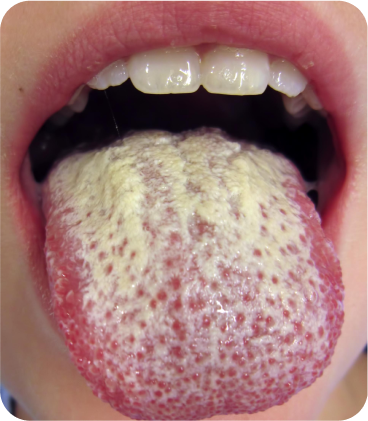
OraRisk Candida
Identifies fungal infections in the mouth caused by a species of yeast called Candida.
-
Identification:
Candida species identification is critical in providing the right treatment of choice because certain types of Candida are resistant to standard antifungal treatments. Candida species identified by this assay include: C.albicans, C.glabrata, C.krusei, C.parapsilosis, C.tropicalis, C.rugosa, C.guilliermondii/C.zeylanoides, C.kefyr, C.lusitaniae.
-
Systemic Link:
Left untreated, thrush can spread to the digestive tract and intestines making it difficult to receive adequate nutrition. In immunocompromised individuals, thrush is more likely to spread to the lungs, liver and heart valves.
-
See a sample report

Regular salivary testing is a critical and efficient tool to check your oral microbiome

Early detection of oral health issues
Salivary testing allows for early detection of potential oral health issues, such as bacterial infections or imbalances in the oral microbiome, before they progress into more serious problems. Early detection enables prompt intervention and treatment, preventing further complications.

Personalized treatment plans
Salivary testing provides valuable information about the specific composition of an individual's oral microbiome, allowing for personalized treatment plans tailored to their unique oral health needs. This targeted approach can lead to more effective treatment outcomes.

Monitoring treatment efficacy
Salivary testing can be used to monitor the efficacy of ongoing treatments for oral health issues. Regular testing can help track changes in the oral microbiome and asses the success of treatment interventions, allowing for adjustments as needed.

Prevention of systemic health issues
Emerging research suggests that imbalances in the oral microbiome can have systemic health implications, such as increased risk of cardiovascular disease, diabetes, and other health conditions. Regular saliva testing can help identify and address these imbalances, potentially preventing systemic health issues.

Patient education
Salivary testing provides an opportunity for patient education, as it allows individuals to understand the composition of their oral microbiome and potential implications for their oral and systemic health. This can empower patients to take proactive measures to maintain good oral health and overall well-being.
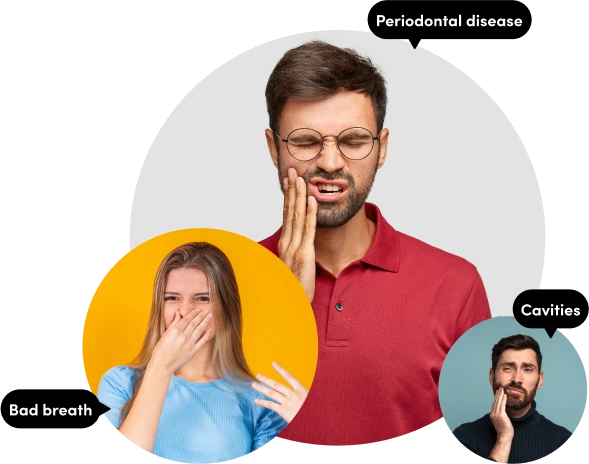
Our salivary testing is recommended by the leading dental experts and gum specialists
FAQs
Yes, there is a cost associated with each test kit. However, you can set custom pricing for your patients in case you own a office, to cover the cost and potentially even make a profit. As a Dentist or Hygienists you can make money on each sale using our custom code and and URL we have provided.
Yes, we offer educational resources on the oral microbiome, including the bacteria involved and their impact on oral and systemic health. You can access these resources through your account on our website.
We provide educational materials for patients that you can use to explain salivary testing and its benefits. You can also consult with our support team for guidance on how to effectively communicate with patients about salivary testing.
This depends on your insurance provider and individual policy. We recommend contacting your insurance provider to determine if salivary testing is covered and how to submit a claim.
Ordering salivary testing kits is simple. Just log in to your account on our website and place your order. Each kit comes with instructions for collecting a saliva sample, a container for the sample, and a pre-paid shipping label to send the sample to our lab for analysis.
By setting custom pricing for your patients, you can potentially make a profit on each test kit ordered. Additionally, offering salivary testing can help attract new patients to your practice and differentiate you from competitors.



